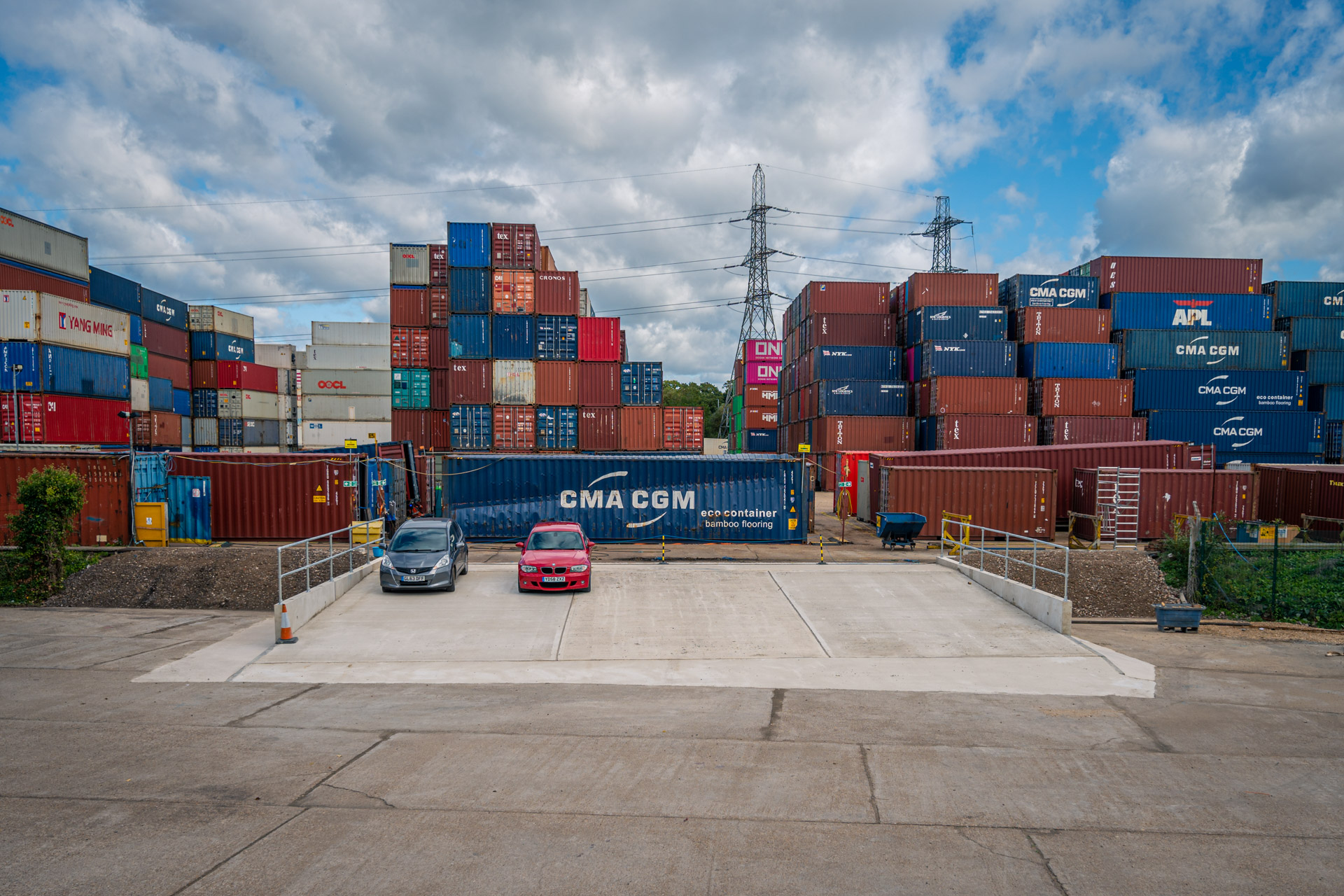John Manners-Bell, chief executive at consultancy Transport Intelligence, told the FT: “The Covid-19 pandemic has highlighted that ports are in desperate need of investment. The entire port infrastructure system has been overwhelmed for the past year.”
According to real-time data from logistics company Kuehne+Nagel, as of 11 August, there were 353 container ships stuck outside global ports, which is more than twice the number from early in 2021. In the US, ships face a wait of up to 12 days before they can access berths at ports in Los Angeles and Long Beach.
The result of this is a delay in the distribution of goods to factories, warehouses, shops, and homes. Stores are already experiencing late deliveries and stock shortages. Ultimately, it will lead to higher prices for consumers. The Guardian is warning that parents should buy Christmas presents for their children now, to avoid disappointment.
Leading figures in the industry warn that it will be impossible for the bottlenecks in the system to be resolved quickly. The effects of the Covid-19 border restrictions, social distancing requirements, and factory closures are still reverberating around the world.
The main shipping routes between Asia and the West are subject to sharp rises in rates, as demand soars for shipping containers. Because of the pandemic disruptions, empty shipping containers are sitting in the wrong places, or are sitting for days before being unloaded. Production of new containers also slumped during the past year.
The problem is exacerbated by the giant size of modern ships, which was brought to the world’s attention when the 400 metre long Ever Given ship became jammed in the Suez Canal in March, carrying 20,000 containers. The infrastructure of the ports has yet to catch up which the extra demands placed on them by these giant vessels.
Soren Toft, chief executive of the world’s second-largest container shipping group, MSC, said: “It’s not correct to say there were no problems before the rush of cargo. Port complexes were becoming old, there were capacity restrictions [and] there were restrictions on the ability to serve the ever-growing size of ships.”
A rise in online shopping during the pandemic and consumer expectation for next day delivery is making the situation worse. Some companies are trying to anticipate Christmas demand by stockpiling, but this is placing extra pressure on warehouses which are already at full capacity in many cases.
In the UK, the logistics supply chain is under further strain from a shortage of lorry drivers. Some drivers have left the industry due to the pandemic and Brexit, while the training and testing of potential new drivers is facing a backlog, which built up during the lockdown restrictions.
If you are looking for storage containers for sale, please get in touch today.

